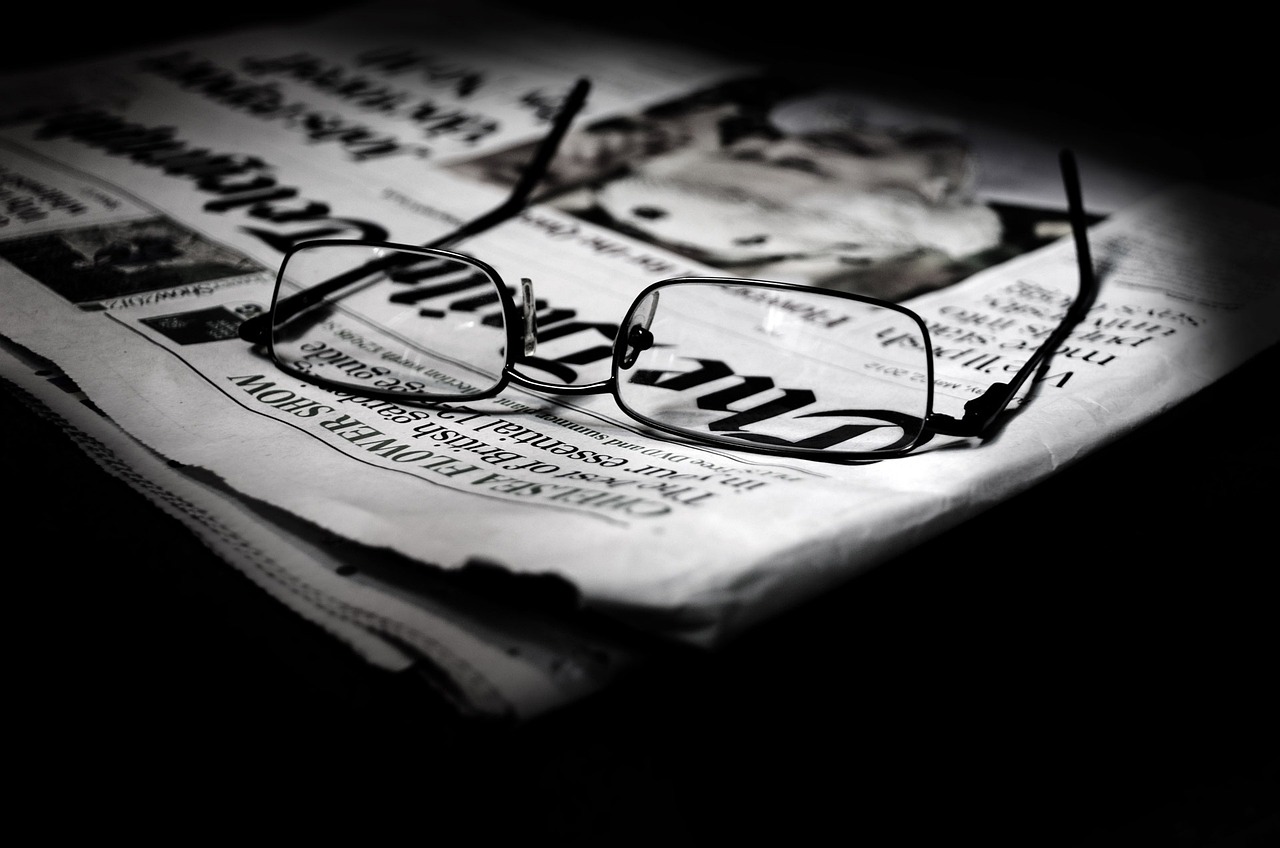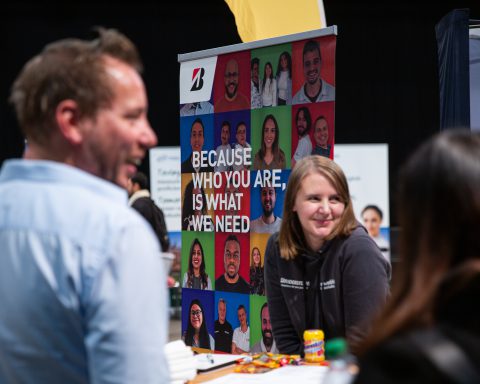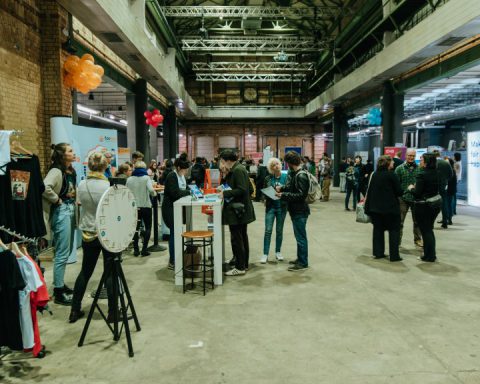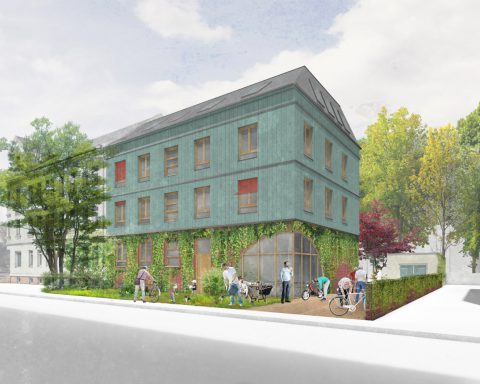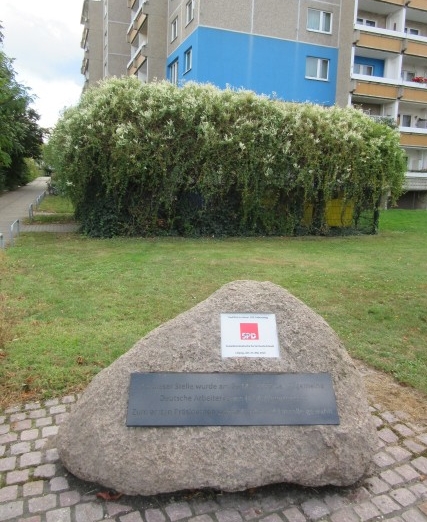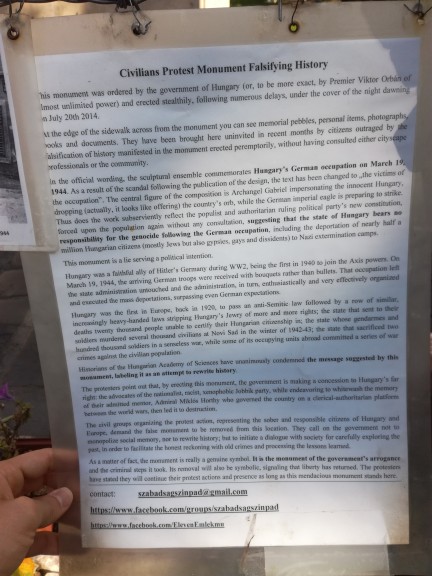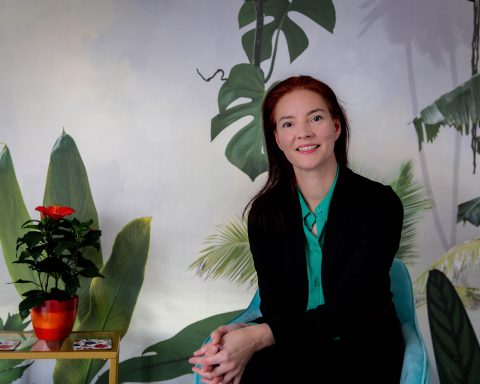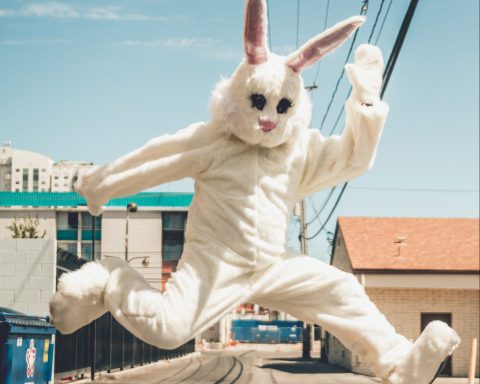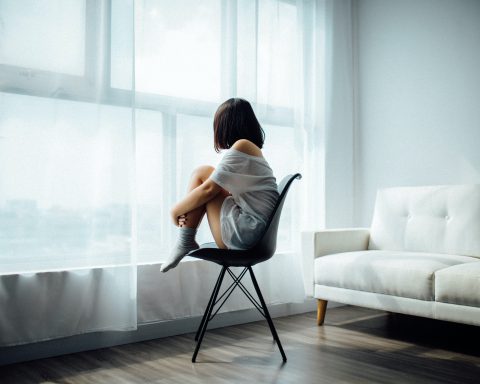Editor’s note: Many journalists I have met equate a career move into public relations (PR) with going to the “dark side,” for its aspect of doing “promotion” rather than “news.” But what if it’s done precisely to help journalists under threat – when the situation in Europe has become the real “dark side” for them? Since June 2017, journalist Sophie Albers Ben Chamo has been the press officer at the European Centre for Press and Media Freedom in Leipzig. “Defending journalists under threat” is her first annual conference in her new job. I asked her to write an article on how she got to where she is now, and also tell us about the conference taking place in Leipzig on 5 October.
I am new here. It’s been three months now since I decided against writing four articles a day and made the move into PR and communication. About one month ago, I felt the full impact of that decision. I helped someone. Literally. I made a change.
I was on the phone with bewildered press officers, tearful wives, with the Foreign Ministry, the union and the lawyers. I calmed them down, I persuaded them, I connected, I shared information. I used everything that I have learned as a journalist – the research, the telephone voice, the associations, the stamina – to get help for someone who is persecuted because he is doing his job.
Being a journalist. Which is my former job.
That’s what I call a wake-up-call!
In all my career, I’ve been lucky enough never to need someone like me. Freedom of the press was a given. Working for magazines in Germany, print and online, the closest I ever came to censorship was when my news editor thought a commentary of mine was too harsh on the Minister for Internal Affairs. However, he didn’t change a word.
The one and only story he ever discarded was a portrait of Eurovision starlet Lena Meyer-Landrut. He obviously had a soft spot for her and I didn’t.
Of course I was annoyed, but today I use it as a funny anecdote. The truth is that I could write whatever I wanted, as long as I was working inside the ethics of my craft. That means having integrity, and being as neutral as possible (if not writing a review or commentary marked as such), to do my research and to watch my language. That’s what I was paid for, just as a carpenter is paid to build a stable chair and a doctor to save health and life.
And I truly loved it with all my heart and soul. To write what is happening. To make a little sense of it. But times change, and so do conditions and ethics.
I truly believe in journalism, in the free flow of information, and I hope that some of my articles made people think a bit, feel a bit, the same way that articles by others affect me. But that’s not enough. Not any more.
Not in times like these when media freedom is under fire. When there are people who want to decide what journalists should write about and what not. What people should read and what not.
When stupefying commercialisation, concentration of media ownership, the crisis of democratic discourse and outspoken autocrats threaten the freedom that I was used to.
Who would have thought that journalists could be thrown into jail on a daily basis on this continent, just for doing their job?
Five years ago this was not even thinkable! Who would have thought that journalists get death threats because they write about feminism, refugees, [insert any subject that pops up in the headlines]?
Who would have thought that insulting the media in general and attacking its workers physically would become part of politicians’ programmes?
I didn’t.
Enter my new job at the ECPMF. We are a small but passionate group of people, human rights defenders, journalists, lawyers, activists, who every day try to put themselves in-between the threatened and the threat. We sometimes shout as loud as we can to make people notice and the next day don’t make a sound because we’re trying to get someone out of a life-threatening situation.
We work by taking little steps, with many setbacks, and sometimes you can feel pretty helpless.
But then there are small and bigger successes: a journalist who, after a dreadful odyssey, arrives in a place of safety and realises that fear can take a vacation for now. A distress call rings out and our rescue programme kicks in. Lawyers stand up for a journalist who is threatened by his own government. The knowledge that we have numerous partners who do the very same, in Europe and globally, gives us an awareness that actually there is no reason to feel helpless.
So I am quite excited about ECPMF’s annual conference, which you’re very welcome to attend, for free.
“Defending journalists under threat – solidarity, support and safe houses” is the title. And for its one day, 5 October, it’s all about discussing practical solutions for journalists who have been attacked, for whistle blowers and their journalistic contacts, for politicians who want to make a change…
This is talking AND doing. And I am proud that we managed to whip up a pretty impressive line-up of international, high-profile journalists, lawyers, politicians and activists.
You know, fear feeds on helplessness. I won’t give it that satisfaction.
If you want to know more about the ECPMF and our conference, please check out the website, where you can also register to attend.
By Sophie Albers Ben Chamo

